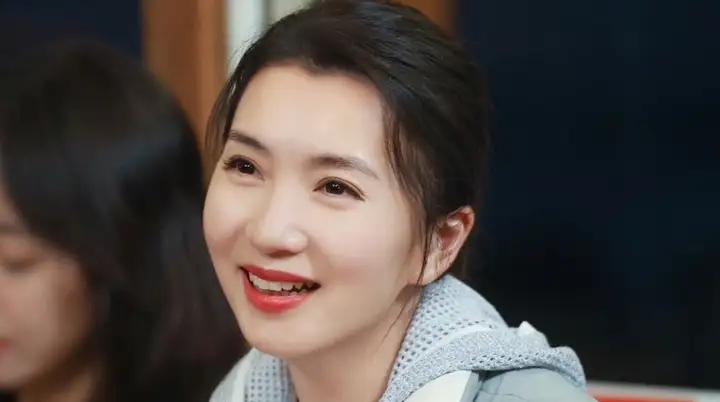The Cultural Impact of 'Flowers & Youth' Season 6: A Study in Group Dynamics and Reality TV Production
This analysis examines the controversies and group dynamics in Season 6 of the Chinese reality show ‘Flowers & Youth’, focusing on key participants' behaviors, production decisions, and resulting interpersonal conflicts during their international travels.

The sixth season of “Flowers & Youth” offers a fascinating case study in modern Chinese reality television, particularly in how it handles group dynamics and manufactured drama. Unlike previous seasons which maintained a relatively harmonious atmosphere, Season 6 stands out for its notably fractious relationships and controversial production choices.
Three key participants - Zhou Yuxi, Hou Minghao, and Rong Zuer - emerge as the primary sources of tension. Their interactions demonstrate how personal dynamics can significantly impact group harmony, especially in high-pressure travel situations. Zhou Yuxi, in particular, displays a concerning pattern of manipulative behavior, often creating artificial conflicts between other participants.
The production team’s decisions reveal interesting patterns in how Chinese reality shows manage content and drama. Their choice to withhold information about travel arrangements and deliberately create challenging situations raises questions about the balance between entertainment value and authentic representation. For instance, their handling of the Tanzania segment, where they withheld information about accommodation arrangements until the last moment, created unnecessary tension among participants.
The show’s treatment of Song Zuer deserves special attention. As an experienced industry professional, her assignment to difficult logistical tasks without proper support appears to be a deliberate production choice to create dramatic scenarios. This approach reflects a broader trend in Chinese reality programming where artificial challenges are introduced to generate content.
The international travel segments provide particularly revealing moments. In Paris and Tanzania, the production team’s decisions regarding group leadership and resource allocation created natural friction points that exposed underlying tensions between cast members. The contrast between how participants behaved in different countries offers insights into both their personal characters and the show’s editing choices.
The show’s handling of younger participants like Hou Minghao demonstrates a concerning trend in Chinese entertainment. His apparent immaturity and the show’s exploitation of it for dramatic effect raises questions about the responsibilities of reality television producers toward their participants.
Another significant aspect is the show’s approach to cultural representation during international segments. The participants' varying responses to local customs and challenges in countries like Tanzania reveal interesting perspectives on cross-cultural interactions in Chinese entertainment media.
The changing dynamics between participants, especially regarding the formation of subgroups and alliances, provide valuable insights into how prolonged exposure in stressful situations affects group behavior. This season particularly highlights how production decisions can either exacerbate or mitigate these natural tensions.
From a broader industry perspective, this season raises important questions about the evolution of Chinese reality television. The shift from the more harmonious approach of earlier seasons to this more conflict-driven format reflects changing audience expectations and industry practices in China’s entertainment sector.